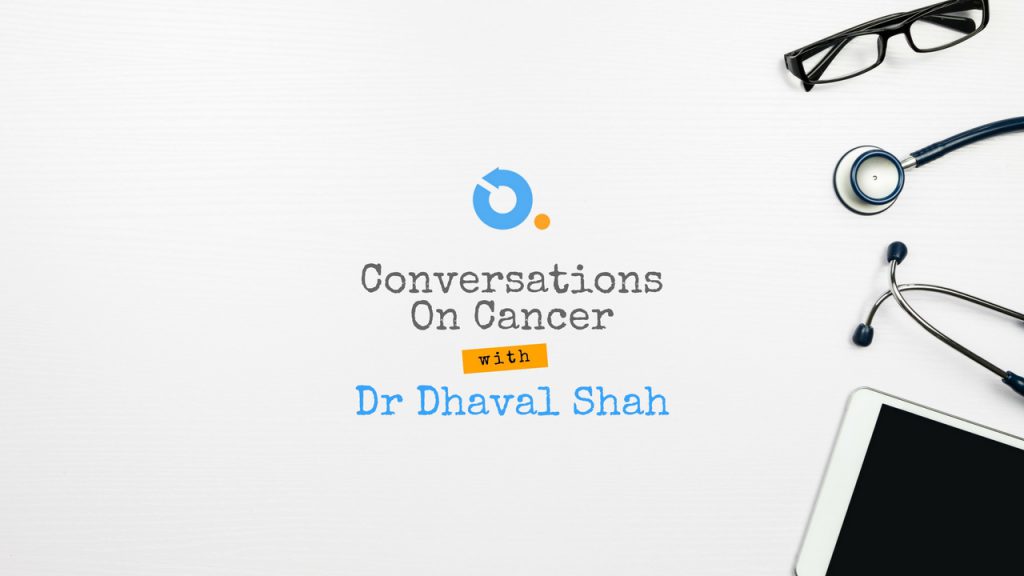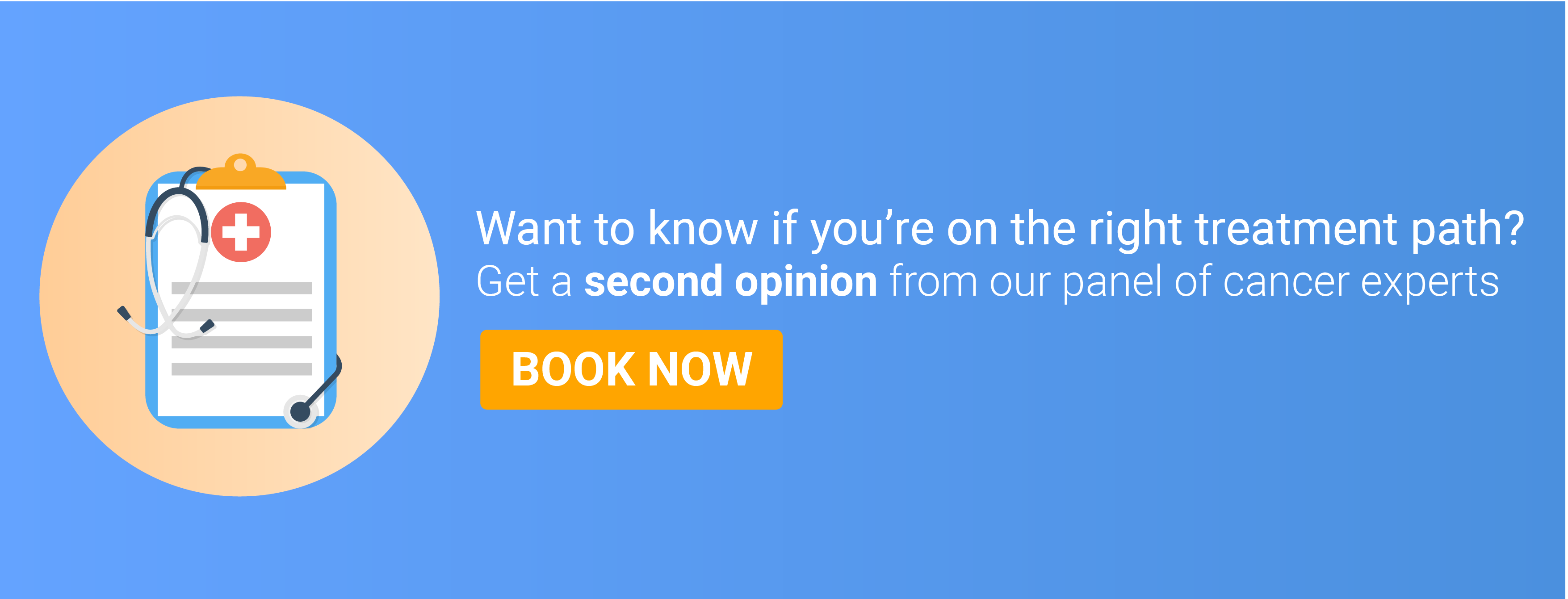Onco.com is pleased to publish an interview with a practicing oncologist at the Helen F. Graham Cancer Center in USA.

This is a conversation with Dr Dhaval Shah, a board certified expert in both hematology and medical oncology, who works at an NCI-designated Community Cancer Center. His journey of learning and practicing medicine is both awe-inspiring and eventful. After finishing medical school at Sion Hospital in Mumbai, Dr Shah moved to the US to further hone his skillset.
He pursued Internal Medicine Residency at New York Medical College. During residency, he was named the Best Internal Medicine Resident for two consecutive years. His interest in Hematology and Oncology led him to pursue a fellowship at Baylor College of Medicine(BCM) in Houston, Texas.
As part of his fellowship, he worked and trained at five different hospitals, including a few rotations at the famed MD Anderson Cancer Center. During this time, he rose to serve as the Chief Fellow, and was named as an Outstanding Oncology Fellow in his final year of training.
Dr Shah specializes in cases of benign and malignant haematological disorders, and all aspects of medical oncology.
Interview with Dr Dhaval Shah
1. Tell us a little bit about yourself. Where did you grow up? What do you do when you’re not being a doctor?
I grew up in the beautiful city of Mumbai. Most of my family is still there, and I visit them often. I love travelling, and I like meeting people from different backgrounds and ethnicities.
I enjoy reading and am into sports. I enjoy running, and I have successfully participated in two half-marathons so far. Someday, I aspire to run the Ladakh half-marathon.
2. What tempted you to select Oncology as your field of expertise?
During my MBBS days, a close family friend was diagnosed with Chronic Myeloid Leukemia. Leveraging my resources as a young medical student at the time, I was able to help him get started on Imatinib through the Novartis International GIPAP program. The disease used to be fatal before the discovery of Imatinib in the early 2000-s. It has transformed the landscape of CML treatments, and with it, the lives of several thousands of patients around the world.
Till date, my family friend continues to live well.
That firsthand experience, followed by the exposure I’ve had to Haematology and Medical Oncology during my residency days, really drove me to pursue them as specialties. I really enjoy providing long-term care to my patients, and helping them navigate through different phases of treatment.
3. What is your daily source of motivation?
Watching the lives of patients improve, seeing them get back on their feet and back on track with their regular lives – that’s my biggest motivation.
4. How’s the global cancer care landscape? What’s missing in India?
Like most developing countries, India and its neighbours are experiencing a rapid increase in cancer incidence and mortality rates. Cancer is still considered a death sentence in many of these countries.
Within India, there are exclusive pockets of great cancer care being provided in a few major, metropolitan areas. However, there is an urgent and immense need to improve cancer care delivery in rural and semi-urban areas. There is also a dire need for increased awareness about cancer care.
Lastly, the cost of procuring new drugs is still extremely challenging for most of the developing world. This significantly limits the availability of new and effective treatments for patients in India, and other developing countries.
5. Are there any preventive measures that one can take to reduce the risk of developing cancer?
Among other things, smoking has clearly been linked to not just lung cancer, but many different types of cancers. Avoiding both first and second hand smoke exposure is extremely important. Also, chewing tobacco is just as harmful, and responsible for both mouth and throat cancers.
Alcohol consumption in conjunction with smoking, increases the risk of developing throat and esophageal cancers. Thus it is important to avoid tobacco use in any form.
Routine screening examinations are important for the diagnosis of early stage cancers, or for detection at a pre-cancer stage. Routine testing for tumor markers, has not been proven to help with diagnosis.
6. What makes you optimistic about the future of cancer care?
I am extremely optimistic about the future of Oncology. With rapid advancements in the field, and with newer treatments getting approved, patients have a lot to look forward to. CAR T-Cell Therapy is a form of Gene Therapy that has recently been approved in the USA for the treatment of Acute Lymphoid Leukemia in adults. Additionally, Vector Gene Transfer Studies are showing very promising results in benign haematological disorders such as Haemophilia. These treatments hold excellent promise, and hope for millions of patients.
I believe the biggest challenge at hand, will be to provide access to these treatments to millions of patients around the world.
Note: If you wish to consult our experts for their advice on your cancer diagnosis, or a second opinion on your current treatment, you can start your consultation today at Onco.com.



